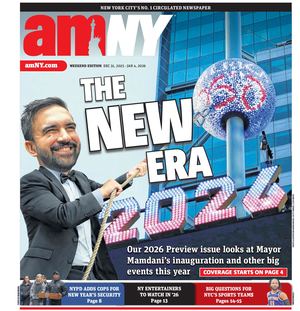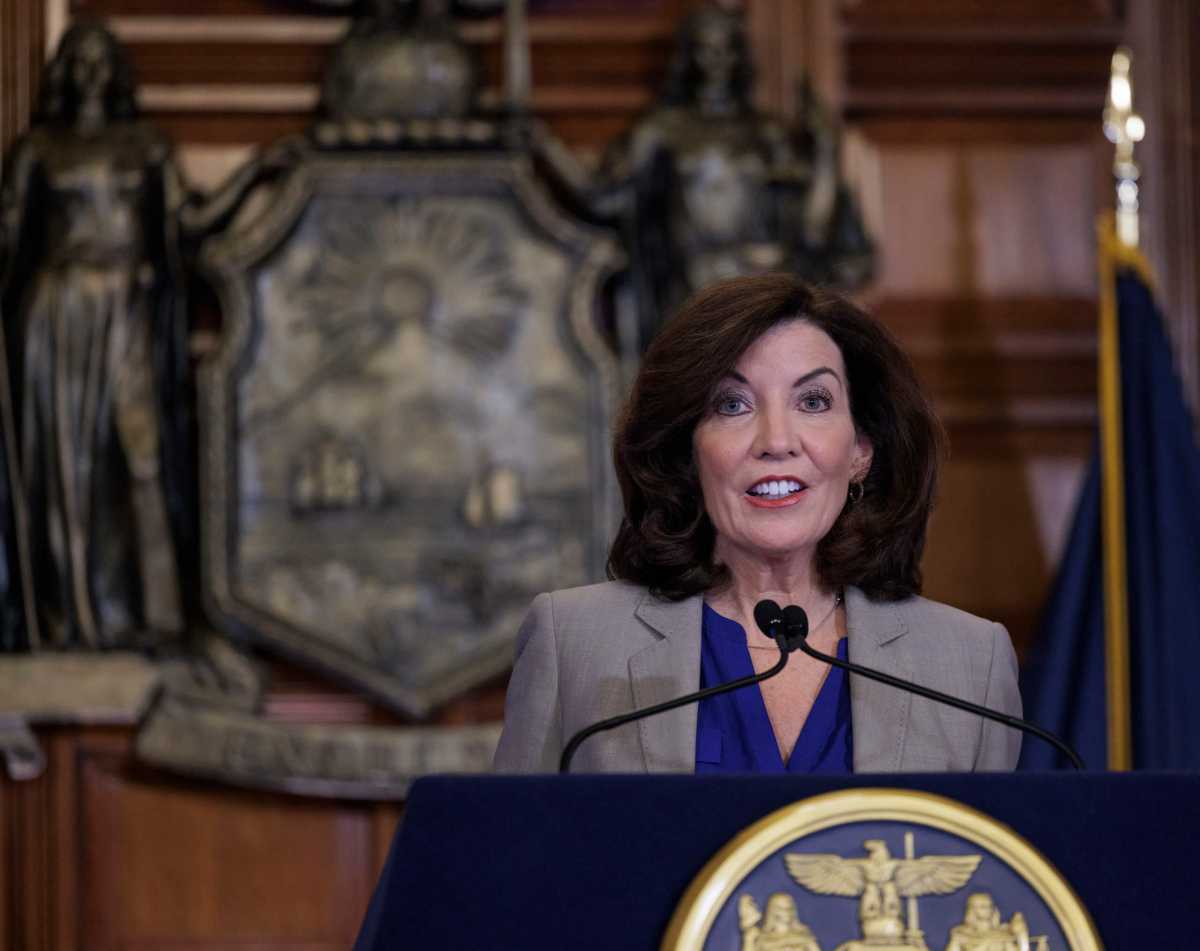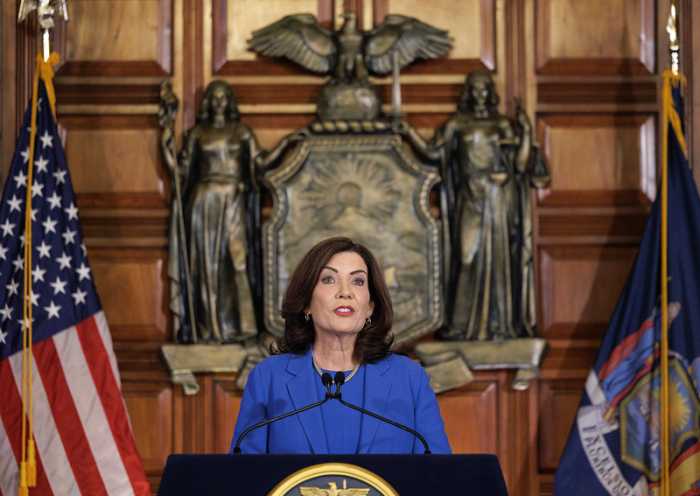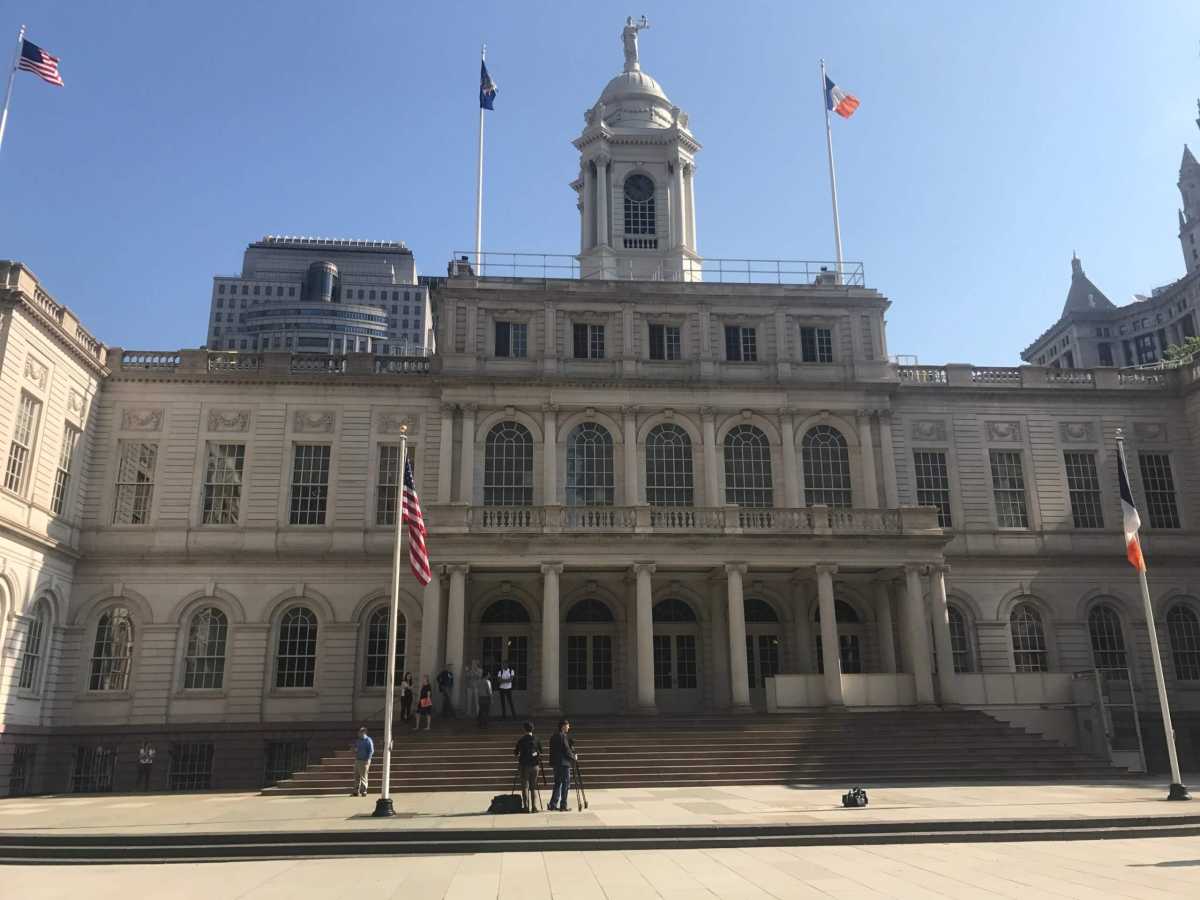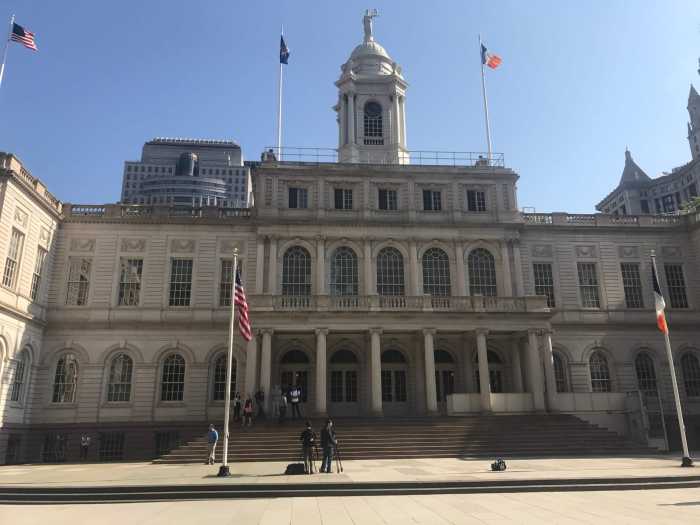Schools are big winners in Governor Kathy Hochul’s $227 billion executive budget, which includes a massive infusion in public education and a fully state-funded Foundation Aid formula program to close the learning gap across New York.
The budget, announced on Feb. 1, includes record-breaking investments in school aid, increased mental health support in schools, new programs for students to earn college credits in high school, and more funding to expand full-day, pre-Kindergarten programs.
Below are education big hitters Governor Hochul outlined in her executive budget for 2024.
$34.5 billion school aid investment
For the 2023 school year, the state invested $31.5 billion in school aid, including allocations towards full-day, pre-kindergarten, mental health support in schools, teacher retention, and capital support for State University of New York and City University of New York facilities. For this next school year, Hochul proposed an additional $3 billion more in school aid: $34.5 billion total in school aid.
“To get our kids back on track, we’re going to invest the largest school aid increase ever,” Hochul said. “We have to prepare the next generation for success.”
Investments include $20 million to create new, early college high school programs, and the state’s Pathways to Technology, a public-private partnership that prepares high school students for careers in technology, manufacturing, finance, and healthcare. P-TECH allows high school freshmen to earn college credits towards an associate degree in those fields. There are currently 86 early college high school and P-TECH programs in the state.
$2.7 billion to fully fund Foundation Aid
For the first time since it was created, the Foundation Aid will be fully funded by the state, according to the budget proposal. The Foundation Aid is the state’s main funding source for school districts, basing its allocation on factors such as socioeconomic need. The state will invest an additional $2.7 billion, an increase of 13%, to a total aid amount of over $24 billion, focusing on students with the greatest needs.
Jasmine Gripper, the executive director of Alliance for Quality Education, applauded the state’s plan to fully fund the Foundation Aid for the first time in history since its creation.
“The Foundation Aid formula was created to ensure equity and to strategically drive state resources to the students that need it the most,” Gripper said. “This means that districts with high populations of students in poverty, students that are English Language Learners and students with disabilities will see a significant increase in state aid.”
$1.5 billion in new CUNY/SUNY capital funding
The executive budget will direct $1.5 Billion for new capital projects at CUNY and SUNY campuses to help maintain facilities and make strategic investments in new facilities. Of that, $484 million is for CUNY senior colleges and $120 million is for CUNY community colleges.
Said CUNY Chancellor Félix V. Matos Rodríguez: “These funds will allow CUNY to continue building on plans to aid the enrollment and retention of students whose educational plans were interrupted by the pandemic, eliminate academic equity gaps and support students’ well-being, improve academic excellence and innovative pedagogy, expand our online programs, and prepare students for successful careers, among others.”
Hochul’s budget also authorizes annual 3% tuition increases for CUNY senior colleges. This is to “ensure that institutions in the CUNY system can reliably invest in their long-term futures as costs rise, while prioritizing the evolving needs of students, ensuring academic excellence, and continuing to maintain low-cost and stable tuition rates for New York residents.”
“The planned increases in recurring operating funds and capital investment are a welcome and needed investment,” said James Davis, president of the Professional Staff Congress/CUNY. “Only 8% of CUNY’s buildings are in a state of good repair. Our students need more full-time faculty and advisors, well-equipped libraries and labs, and safe, modern buildings and classrooms. The shortage of full-time mental health counselors at CUNY should be prioritized in the Governor’s mental health plan.”
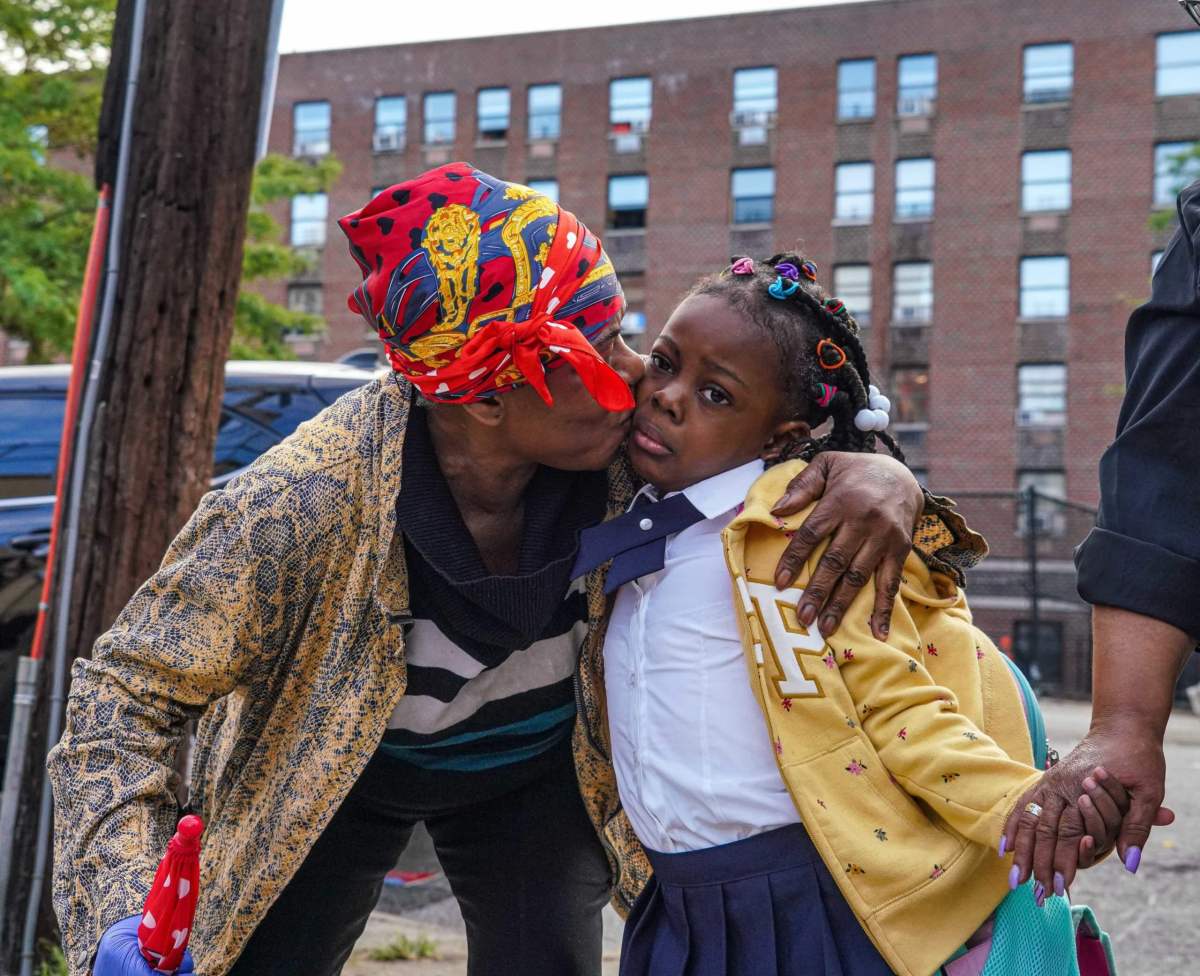
$10 million to expand school-based mental health care
The state is investing $10 million to expand school-based mental health centers and services across the state, as well as pushing insurance companies to cover those mental health services, Hochul said.
“Right now too many schools in our state provide little or no mental health support for these children,” Hochul said. “Society has to stop ignoring the fact that our kids are suffering: the pandemic, the isolation, being away from their classes, their friends.”
The Citizens’ Committee for Children of New York applauded the Governor’s funding of mental health services for New York students, including $10 million to develop school-based clinics, and other mental health services for children: $12 million for the pediatric primary care HealthySteps program and Home-Based Crisis Intervention Teams, $10 million in grants for youth suicide prevention programs, and $5 million to expand High Fidelity wrap-around support services.
“It is urgent to allocate significantly more behavioral health funds for upstream supports for children and adolescents,” said Alice Bufkin, a policy director at Citizens’ Committee for Children of New York. “This includes addressing access challenges and long waitlists by investing in reimbursement rates that match the cost of care, as well as workforce solutions.”
$125 million to expand full-day pre-K
Hochul is directing her administration to add an additional $125 million to expand full-day pre-kindergarten, which will bring the state’s total annual investment in pre-K to $1.2 billion. With this additional funding, the state will be covering roughly 95% of universal pre-K coverage and support an additional 17,500, full-day prekindergarten slots for four-year-olds.
$250 million to establish ‘high-impact’ tutoring programs
The Hochul administration will direct $250 million of the Foundation Aid increase towards creating tutoring programs in school districts across the state. The programs will be established by school districts and focus on supporting reading and math for third grade through eighth grade students.
Lifting the charter school cap
In a decision which has pitted groups against one another, Hochul is proposing to lift the state’s charter school cap. The proposal would permanently authorize “the reissuance of any charter originally issued to a charter school that subsequently closed after July 1, 2015, due to surrender, revocation, termination or non-renewal.”
New York state has a cap of 460 charters. New York City currently allows for 275 charter schools — with no more available programs to be issued. However, the charter school lift could lead to 85 new charter schools in the state, including in New York City.
There are around 182,000 students who attend 343 charter schools in the state.
The executive budget would also increase New York City charter schools’ per-pupil funding by 4.5%, according to the budget report.
State Senator John Liu (D-Queens) said the charter cap lift could “upset that balance” between providing parents with more schooling options for their children and the state’s constitutional mandate to keep public schools open.
The New York City Charter School Center, along with representatives from Bronx Charter School for Children and Democrats for Education Reform, rallied at the state capitol on Jan. 31, the day before Hochul’s budget release. The rally called on the governor to prioritize funding for charter schools and approve the charter cap lift.
Denise Alexander, the executive director of The Bronx Charter School for Children, asked to lift the cap so schools like hers could replicate: “Some people don’t understand that charter schools are public schools. We want to stop politicizing charter schools versus traditional schools. We are also called a zombie school, a school that had that charter, but then the cap.”
Others, like Jasmine Gripper, executive director for Alliance for Quality Education, stand in opposition of lifting the charter cap. Gripper questioned the governor’s primary motivation for lifting the cap. Gripper said she doesn’t see the point in reauthorizing “zombie charters” that are no longer used. She instead prefers more funding and resources directed towards public schools.
“It’s far from common sense,” Gripper said. “The city does not need new schools. Why is she proposing a massive increase of charter schools in New York City? It feels like quid pro quo.”
Read more: Sheriff Cracks Down on Cannabis-Laced Snacks
